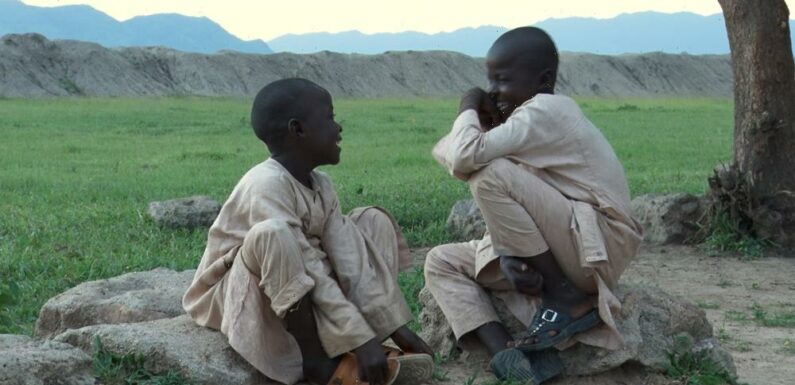
It has been a long road for Cameroon’s Cyrielle Raingou, the director of documentary “Le Spectre de Boko Haram,” about children growing up surrounded by terrorist organization Boko Haram, winner of the Intl. Film Festival Rotterdam’s Tiger Award.
“Life can be crazy, no?,” she tells Variety after her win.
Initially following a different protagonist, Raingou decided to scrap the entire project in order to, she says, tell the story she wanted to tell.
“It was very, very hard. I dedicated three years of my life to that and spent all my development funds. But it just wasn’t right! I was really depressed at that moment. Still, I knew I had to stick to that decision.”
In “Le Spectre de Boko Haram,” Raingou shows daily life that goes on despite constant threat, hidden away in the nearby mountains. The film was produced by Dieudonné Alaka and Veronique Holley for Tara Group and Label Vidéo.
“It’s like having all these beautiful apples, knowing that one is rotten. That’s how it feels over there. Everything seems perfect – for one day. But then you hear gunshots, explosions. These people stay, because it’s also their way of resistance. Of saying: ‘This place belongs to me and you won’t drive me away.’”
Raingou decided to focus on children this time around, eager to hear their stories. Falta is dealing with the loss of her father, brothers Ibrahim and Mohamed miss their parents and slowly open up about what happened to them.
“Children don’t have a filter,” she notes.
“They will tell you how they see things and everything comes straight from the heart. When I talked to adults, it was different. There were many complaints and explanations.”
Also because, she notes, local people have grown wary of documentary filmmakers.
“Whenever there are cameras in Africa, they are there to point out misery and poverty. I grew up in a little village [in the same region] and assumed that everything beautiful and inspiring would come from the outside. From the Western world,” she says.
“Conflicts, UNICEF – these were the images from Africa I grew up with. You don’t want to live in a place like that, so I studied, I was the best at everything. My family wasn’t rich, so this was my chance to get out.”
Now, she lives in Paris.
“I want foreign filmmakers to think about that. You might be coming to Africa with the best intentions, but by repeating [these images] you are destroying people’s imagination and dreams.”
Raingou wanted to show joy in her film, not just fear, family bonds and tenderness.
“I want people to see the whole picture,” she says.
“When I met Falta’s mother, for example, she was still grieving. But every time she talked about her husband, there was light in her eyes. She told her daughter how they met, how he would walk her home. She never shared it before because it’s a taboo to talk about your relationship. But also because no one asked.”
In her next project, fiction film “I’m Coming for You,” Raingou will focus solely on women, on a young mother who survives by trading with Boko Haram terrorists. Once exposed, and banished from her village, she loses her baby as well.
“It will be wilder. I am creating a community where women are supporting each other,” she says.
“She embarks on a journey to find her child and that’s when she meets them, fighting against Boko Haram and the domination of men.” While still in early stages, it already won Raingou Munich Film Up!’s Kirch Foundation Award last year.
Still, as she reveals, she is not quite ready to move on from “Le Spectre de Boko Haram,” desperate to find two young protagonists who are now missing.
“I don’t have a choice! I am still involved in their lives; it didn’t just stop after I finished shooting. We want to find these boys, also because they need a family, they need education. No, we are not done and we will never be done,” she stresses.
“I promised Falta’s mother I will pay for her kids’ studies. I am who I am today because I had that chance. My mission isn’t over.”
Read More About:
Source: Read Full Article